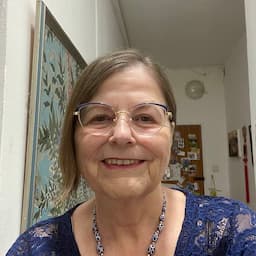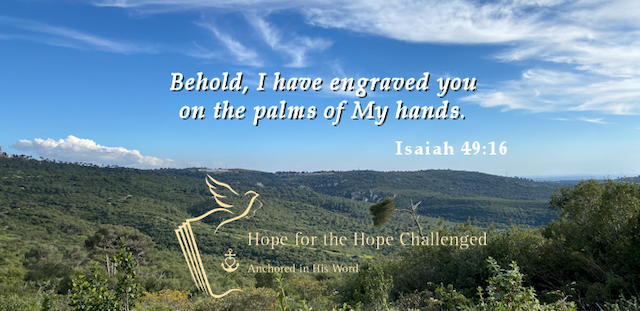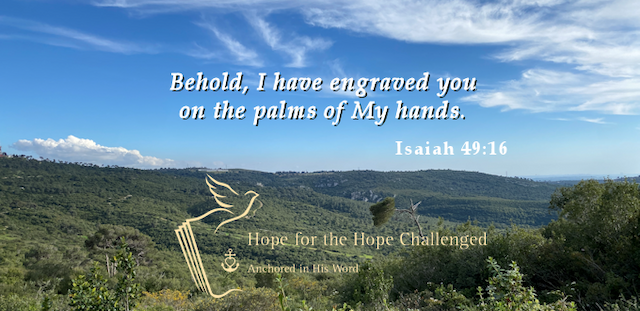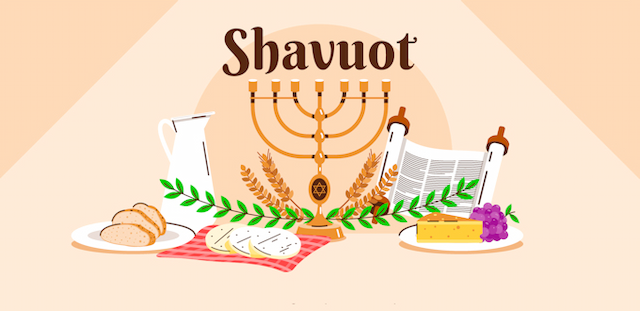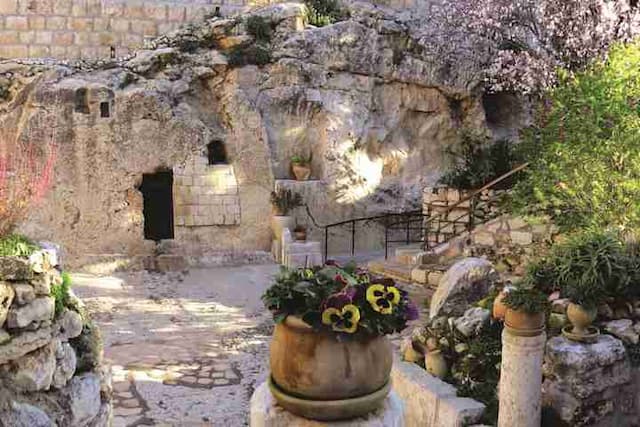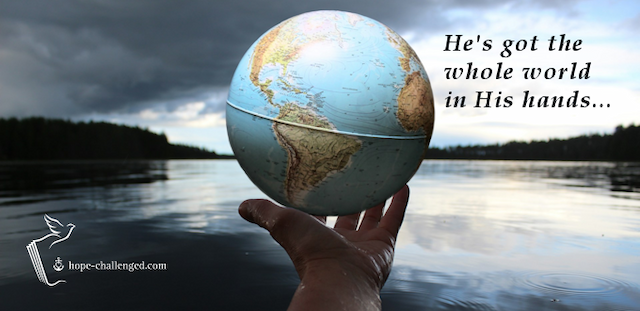Feast of Tabernacles – Disruptive Hope
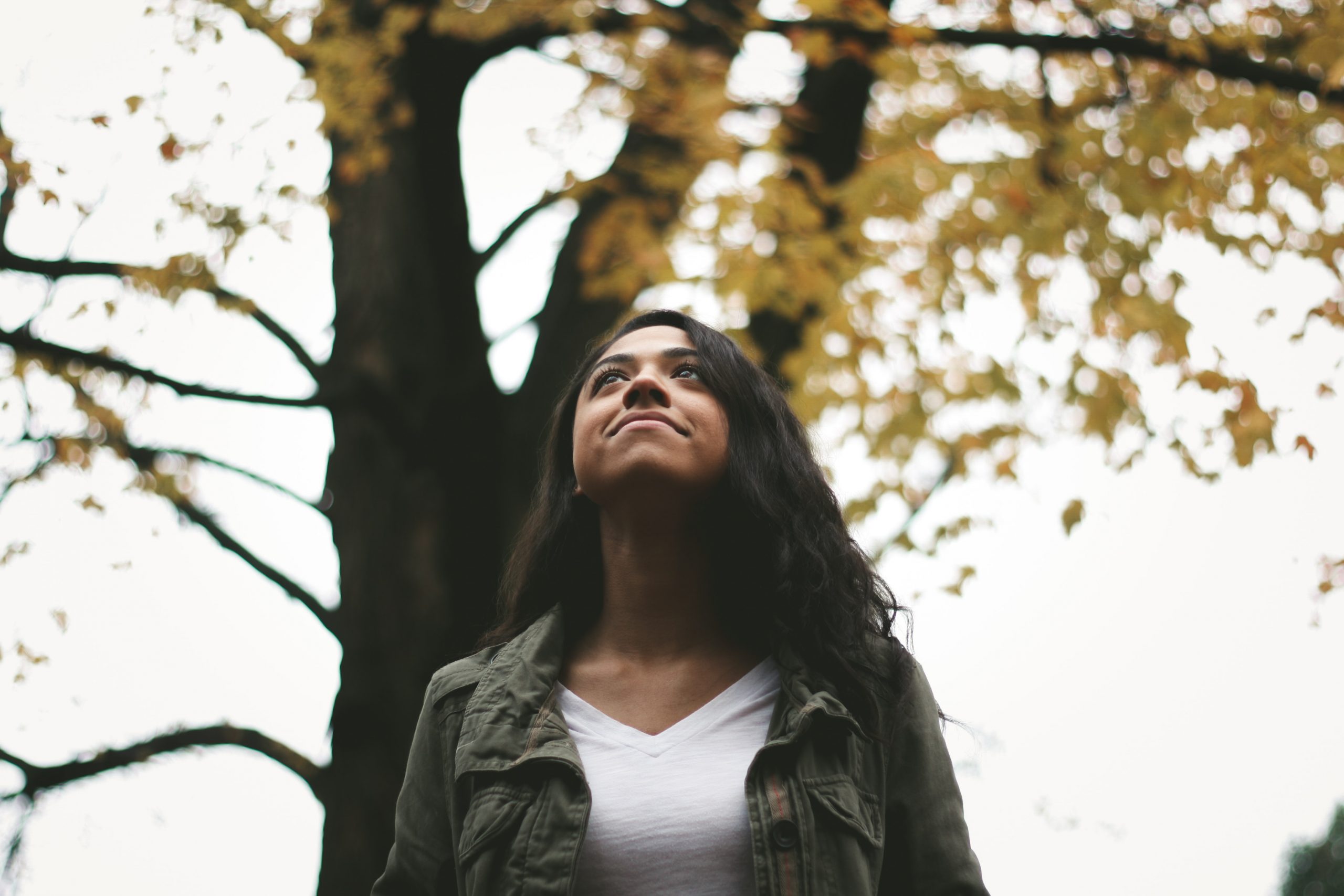
Did you know that in the Bible there are no holidays? All of the Jewish holidays are referred to as “appointed times” (moedim in Hebrew). I like that name for these special days. They are special appointments with God. The religious year begins with Passover, and the last “appointment” is the Feast of Tabernacles or Booths, as some refer to it. Following are my musings as we usher in the appointed time for the Feast of Tabernacles.
A disruptive time
More than any of the other appointed times, the Feast of Tabernacles totally disrupts the lives of the observers. True, some might argue that Passover is disruptive, but all that does is remove the leaven from our homes. We can still live at home and continue with life as usual. But the Feast of Tabernacles is different. We are commanded to move into a flimsy booth (sukkah) made of wood, covered with leafy boughs, and to live there for the entire 8-day holiday.
To be honest, I don’t know of anyone who does that. Most people have a sukkah for their meals and hosting guests. But literally, move in? Leave your house, and do everything in your sukkah? Well, it’s a little bit inconvenient. Maybe in the days when the “outhouse” was literally outside the house, that could have worked, but nowadays? Even the cooking is still done in the kitchen and the refrigerator stays there – it is not moved into the sukkah.
Yet Sukkot’s inconvenient and disruptive nature is exactly what God wants us to experience.
You shall dwell in booths [sukkah] for seven days. All native Israelites shall dwell in booths, that your generations may know that I made the people of Israel dwell in booths when I brought them out of the land of Egypt: I am the LORD your God.
Leviticus 23:42–43 ESV
It all has to do with remembering what God has done. By implication, we need to understand that nothing has changed. Yes. We needed God when things were tough after leaving Egypt. But how quickly we forget our need for God when things are going well.
What must it have felt like to be living in a perfectly good dwelling, with everything convenient and nearby, and to suddenly have to move into a sukkah for only one week? Keep in mind, by the time Sukkot arrives in the Jewish year, it is getting cooler; there are breezes and cooler winds, and it often rains.
Remember the desert
I think that God wanted us to remember a bit more than that we “dwelled in booths” when He brought us out of the land of Egypt. I think He also wanted us to remember the circumstances under which we lived in the desert. He was the “Lord your God” then, He is the “Lord your God” now.
Every night, going to sleep, and needing to have faith that God would provide manna for food. Every day, getting dressed for the journey, and wondering how long your sandals will last, every day, wondering if today is the day the cloud will move out of the camp, or can you stay and rest for a few days. Wondering how God will provide water this time when your water skin is empty. And don’t forget the rebellion, the arguing, the wandering, and the many people who died along the way. And through it all, the God of Creation (LORD, Jehovah) was “your” God – He was personally the God of each and every Israelite – whether they recognized His authority or not.
I have to admit, when I think about Sukkot, I think to myself, it would be nice to really celebrate it, the way the Bible says we should, at least just once. Then I catch myself wondering, would I really? I can’t go without my nice hot shower for one night, would I be willing to do it for a week, just so that I could remember past deliverances?
Remembering God is our sukkah
But there is another aspect to remembering Sukkot. That has to do with faith. True, the Israelites faltered in their faith in the desert, but I can’t say that I have never faltered in my faith. Living in a sukkah reminds us that God is our shelter. He is the one who keeps us safe, whether it is inclement weather, lack of food or water, or in the presence of our enemies. And even more, in the New Testament, that word for “sukkah” in Greek appears in a few choice places, all related to one of two things: Jesus, as the word become flesh and being ‘tabernacled’ (dwelling) among us – and that wonderful day when there is a new heaven, a new earth, and all God’s people will be tabernacled (dwelling) with God forever.
Remembering gives us hope
As I consider these things, I realize that Sukkot is also a holiday of hope. By forcing me to remember the time in the desert I don’t just remember being delivered from Egypt. I remember the miracles, God’s faithfulness, my faithlessness, and how God remained ever faithful! (Sound familiar? Read, 2 Timothy 2:13.) Suddenly I find my heart filled with hope. God was with me then, and He is with me now. I may change, but God has not changed. He is determined to bring me safely to His desired haven – to be tabernacled with Him!
Our world today is as unsafe as the desert was after leaving Egypt. There are threats on every side, physical and spiritual. Wars, famine, pandemic diseases, broken families, distorted morality, and more mark our generation. To be honest, just living everyday life can be overwhelming, let alone thinking about the suffering of others near and dear or far removed from us. If that is all we see, then it is pretty hopeless indeed.
Sukkot reminds me there is more to the story than that. Sukkot justifies my hope. God was faithful then, He is faithful now, and He will always be faithful.
Featured photo: Sukkot. (2022, September 28). In Wikipedia. https://en.wikipedia.org/wiki/Sukkot
